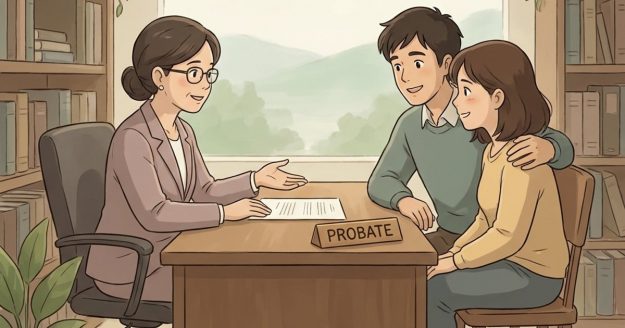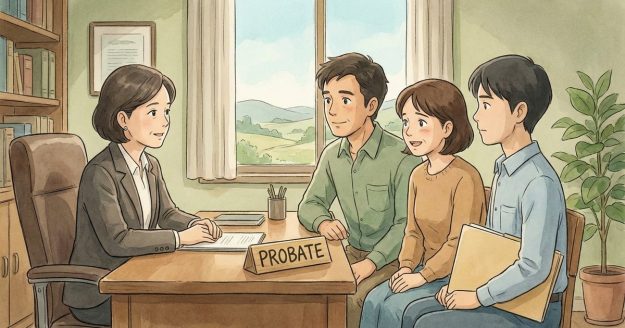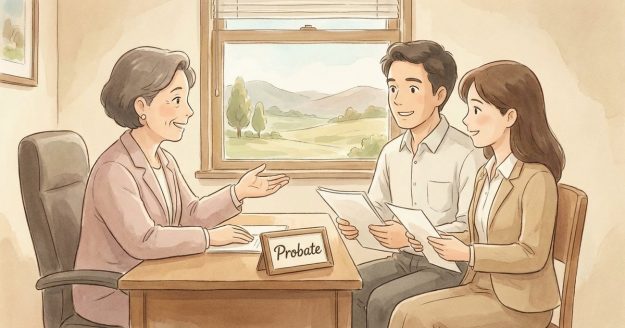Can I ask the court to appoint a public administrator when the heirs can’t agree on who should serve as administrator? nc
Can I ask the court to appoint a public administrator when the heirs can’t agree on who should serve as administrator? – North Carolina Short Answer In North Carolina, the Clerk of Superior Court (the probate court) appoints the estate administrator, and the clerk can appoint a neutral, suitable person when heirs with equal priority…











